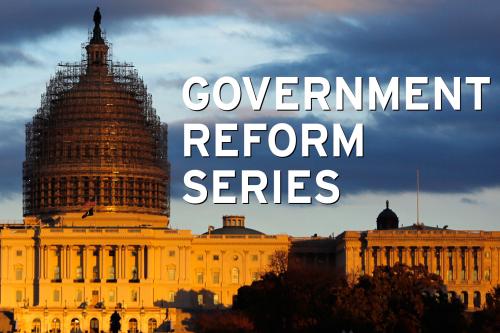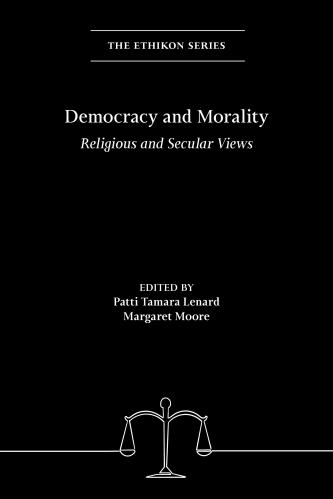“Open government” reforms have in recent years emerged as an area of intense activity and fervent hope for some of our largest societal aspirations: to improve public services, to expand public knowledge of governmental processes, to save public money, and to make government more participatory and inclusive. But does it actually achieve those objectives, and if so, under what conditions? In a word, does open government actually work?
In our new report, we assess the evidence. Drawing from hundreds of reports, articles, and peer-reviewed academic studies, we bring together the most rigorous research on open government reforms, including everything from right-to-information laws in India, to grassroots monitoring of health care in Uganda, to federal audits in Brazil, to election monitoring in Ghana, to school-quality report cards in the United States. From this extensive body of research, we derive six features of open government programs that give these reforms the highest likelihood of success.

Where open government initiatives have been effective, proponents have clearly identified the principals they were trying to reach and publicized information that was important and accessible to those principals. In addition, at least one of the following conditions held: either the principals could respond meaningfully on their own, or they could do so with the support of government officials, or they could do so through a coordinated effort by the principals to change the behavior of their representatives in government. Where these conditions are met, open government initiatives have been shown to improve the quality of governance.
Having assessed what we know about where and when open government works, we in our report suggest some avenues for future study. We begin by highlighting the need for more rigorous evaluation, drawing on both qualitative and quantitative methods of analysis. Then, we offer three primary recommendations for the next generation of research: to confront selection bias in open government research, to increase attention to the political mobilizations that make open government possible, and to ensure that research addresses both the initial implementation and the sustainability of open government successes.
The report builds on a growing body of literature examining the value of open government, and sheds new light on the policies and political contexts in which reforms to increase transparency, participation and accountability have shown their greatest promise. Here at Brookings, as across the world, the relationship between transparency, participation and accountability has already been the subject of much debate—we think our paper adds a new dimension to that already lively discussion.
The Brookings Institution is committed to quality, independence, and impact.
We are supported by a diverse array of funders. In line with our values and policies, each Brookings publication represents the sole views of its author(s).










Commentary
Does open government work?
December 8, 2016